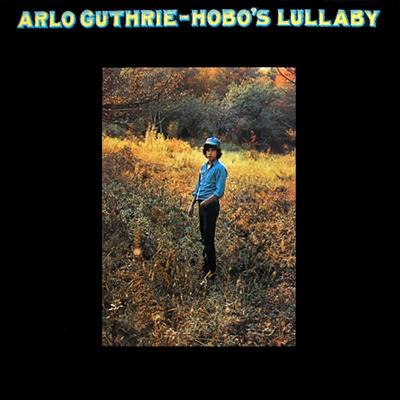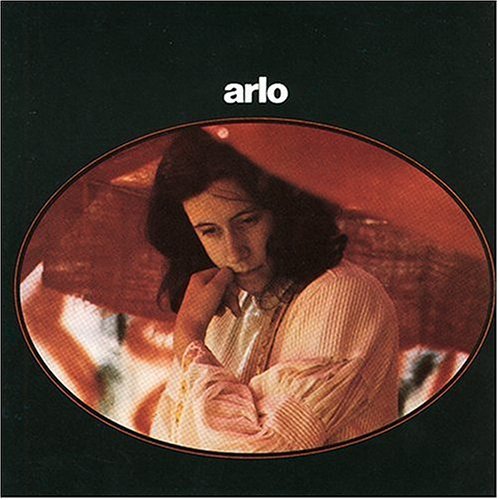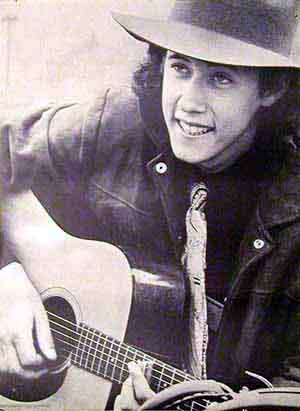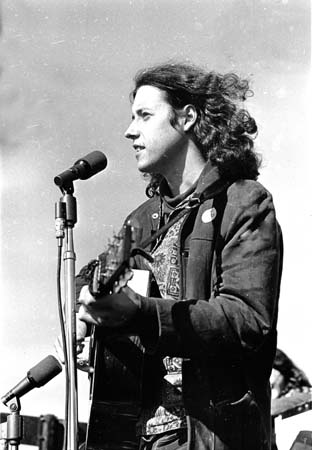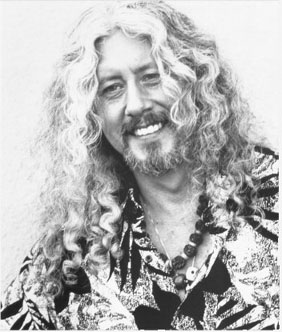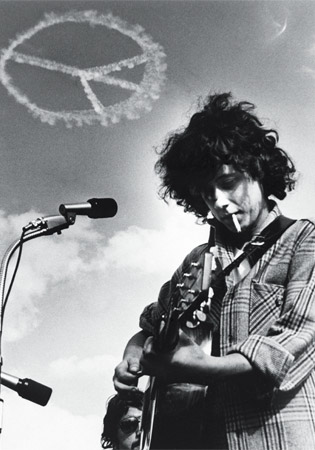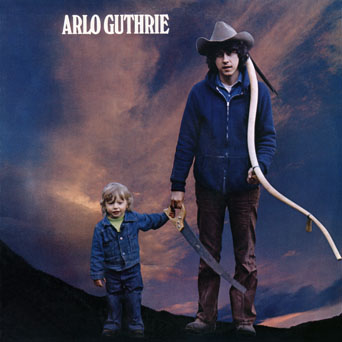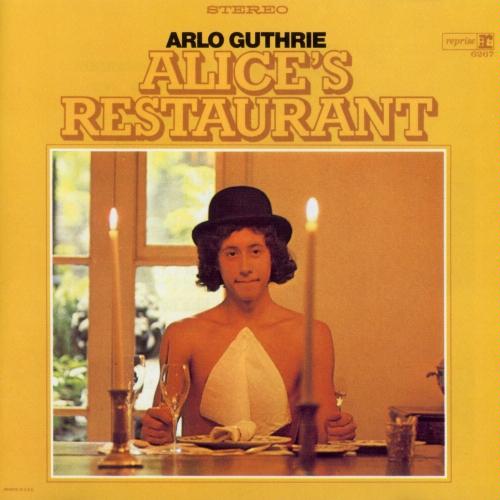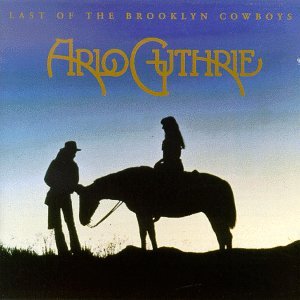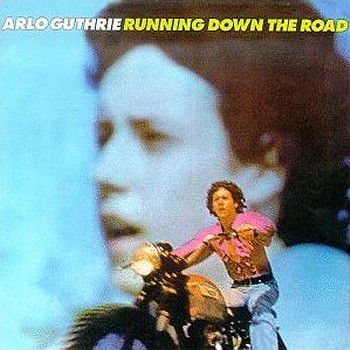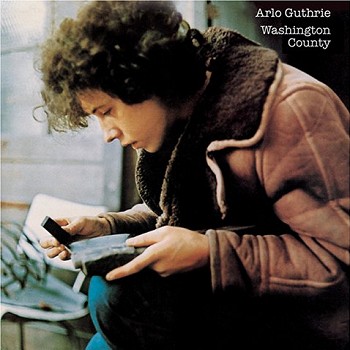Arlo Guthrie
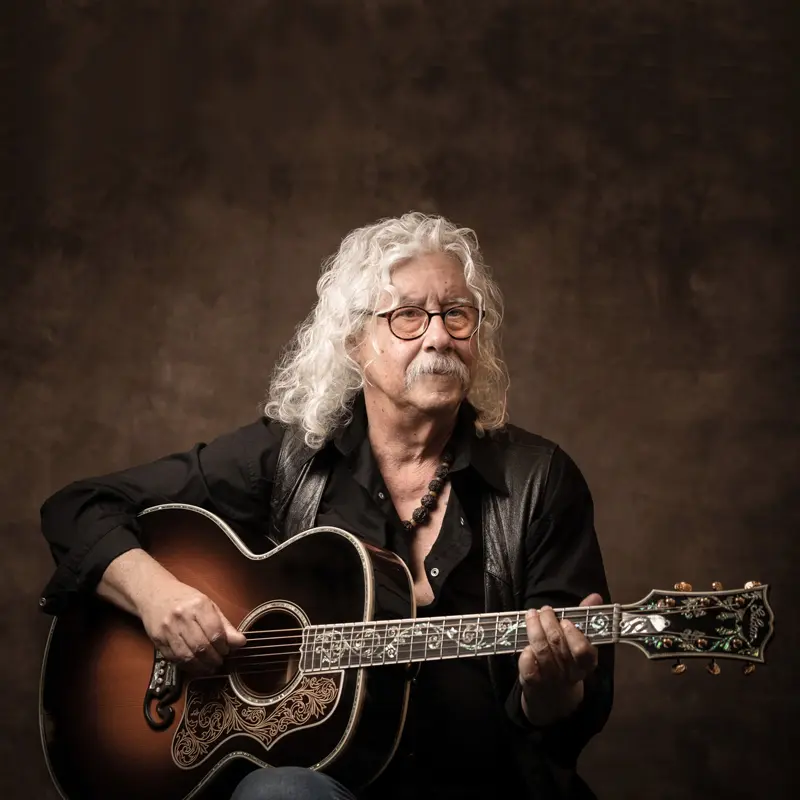
If only for authoring Massachusetts’ eponymous state song, Arlo Guthrie will always be one of New England’s favorite sons. “Massachusetts,” a track from his 1976 album Amigo, is songwriting perfection with its depictions of the Bay State’s beauty – offered in a complex tone of wistful yearning – and of it being home and simultaneously the place from which life keeps dragging you away.
For all those New Englanders whose journey has landed them elsewhere but whose hearts remain in the six-state region, “Massachusetts” rings the bell of love and longing with a peal that penetrates the soul like no other folk ballad. The song earned Rolling Stone magazine’s much-coveted, rarely offered five-star review and the Amigo LP is a masterwork of writing, singing and playing, with Ry Cooder’s inimitable sonic signature resonating throughout.
EARLY YEARS
Born on July 10, 1947, in the Coney Island neighborhood of Brooklyn, Guthrie’s association with New England began in 1961, when he began attending the Stockbridge School in Stockbridge, Massachusetts (after completing his first- through eighth-grade education at Woodward School in Clinton Hill, Brooklyn). He graduated in the spring of 1965, but what really distinguished teen years was a bit of shenanigans that took place in the fall of that year when, because of a Thanksgiving Day dump closure, he and some friends disposed of what he described as “a half-ton of garbage” on some private property in the area and was arrested.
“ALICE’S RESTAURANT,” HOBO’S LULLABY, “CITY OF NEW ORLEANS”
His arrest proved fodder for Guthrie’s breakthrough song, “Alice’s Restaurant,” the title track of his debut album which Reprise released in August 1967, one month after the 20-year old debuted at the Newport Folk Festival. The tune remains an 18-minute staple on radio stations across North America and in countless households on Thanksgiving Day, notwithstanding the irony that an artist so closely associated with peace and environmental causes launched his career with a mild environmental atrocity.
Guthrie recorded five more albums for Reprise between 1969 and 1974 before moving to Warner Bros. in 1976, among them 1972’s Hobo’s Lullaby on which he included his rendition of the Steve Goodman-penned “City of New Orleans.” The song is Guthrie’s only top-40 hit, having reached #4 in Billboard’s Easy Listening chart and #18 in the Billboard Hot 100. His rich, warm vocal timbre and his masterful fingerstyle guitar playing on the track hearkened a spirit of American discovery that was perfect for the words and melody, telling the story of a traveler as well as any song in the entire canon of American folk music.
FAMILY BACKGROUND, PROTEST TRADITION
It turns out there’s a pretty good reason for that: Guthrie is the son of Woody Guthrie, the author of what some believe should be the official American national anthem, “This Land is Your Land.” The fifth of the elder Guthrie’s eight children and the oldest surviving member of the family, Arlo’s two older sisters died of Huntington’s disease, the same ailment that killed his father at age 55 in 1967 (when Arlo was 20 years old).
Accurately described as “the father of the American protest song,” Woody was an early (and certainly the most popular) chronicler of the hobo’s journey, the life of hopping freights, bumming smokes and sharing bottles of booze in paper bags with fellow followers of the open road. Arlo has always walked solidly in the legacy of his father as a tireless advocate of the common man, manifesting his protest tradition as a vigorous spokesperson against the Vietnam War, a vociferous Nixon detractor and a staunch opponent of all nuclear power.
GUITAR STYLE, RELIGION, THE GUTHRIE CENTER
Guthrie is such a fine singer, songwriter, storyteller and troubadour persona that it is easy to forget what a fantastic musician he is, superb fingerstyle guitarist and flat-picker with a wide fluency in alternate tunings. Just listen. Really listen. Among the recordings that reveal his spectacular six-string skills are “Gabriel’s Mother’s Highway Ballad #16 Blues” and “Wouldn’t You Believe It.”
Raised in the Jewish faith (his mother was Jewish), Guthrie received bar-mitzvah training as a boy. He later converted to Catholicism but eventually became a proponent of interfaith religious expression. In 1991, he founded The Guthrie Center at the Old Trinity Church in Great Barrington, Massachusetts, his stated mission being “to bring individuals together for cultural, educational, and spiritual exchange.” The Center offers interfaith services and participates in a variety of community outreach projects.
With a heritage that leads directly to the motherlode of American folk music and a career that’s surpassed every expectation, Guthrie is now retired from touring due a series of minor strokes that have made getting around a burden that eclipses even his sense of obligation to his listeners. He currently lives in Washington, Massachusetts, where he’s often visited by his phenomenally talented children in his beloved Berkshires – where it all began.
(by Chris Elliott)


